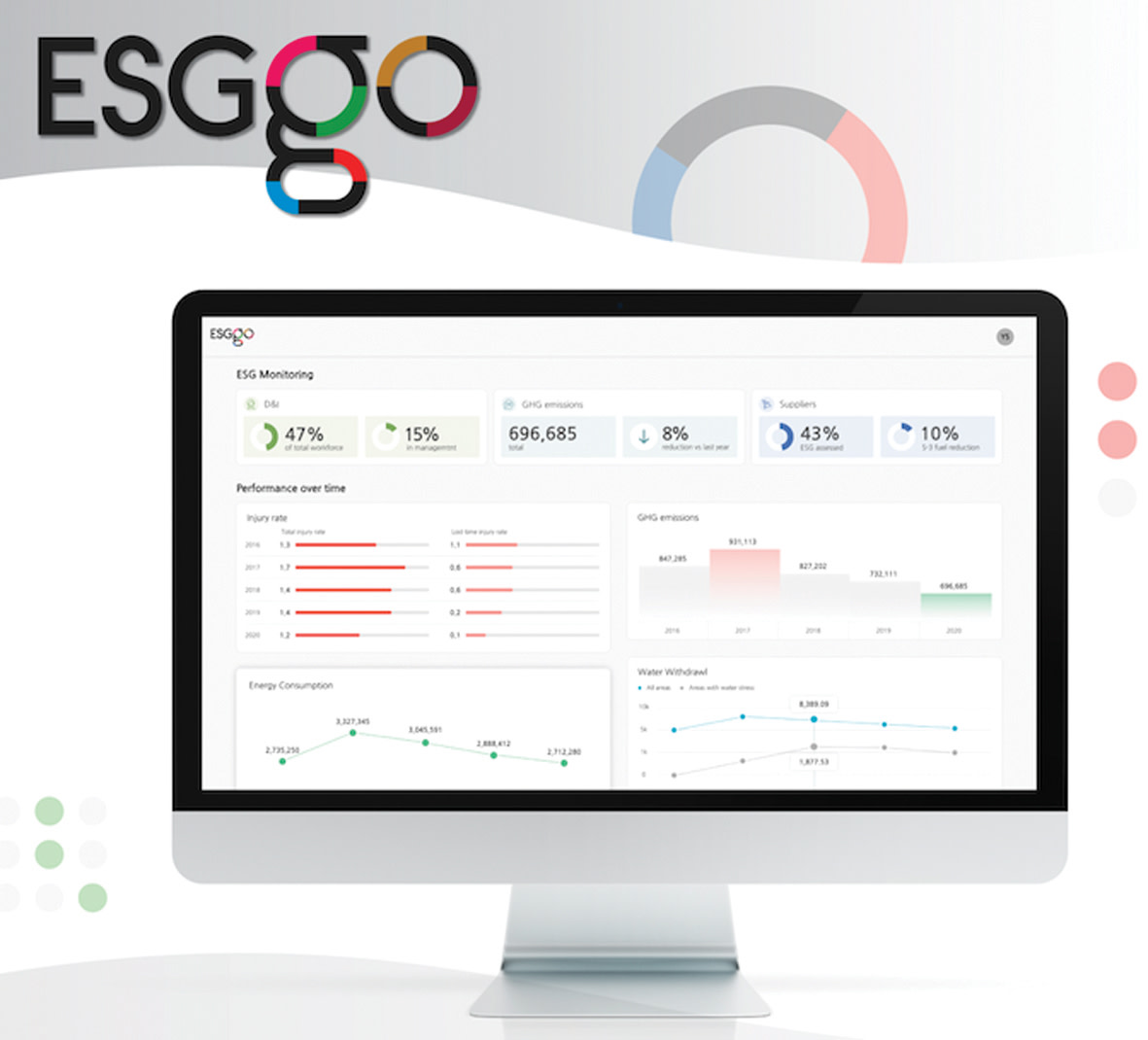“Customers and investors today are increasingly minded to how companies operate with regards to Environmental, Social, and Governance (ESG) best practices”, Orly Glick, CEO at ESGgo recently told The Jerusalem Post.
ESGgo is an American Israeli company providing a one-stop-shop data software that supports companies with tools to help collect, analyze, and optimize their ESG status.
“The discussion around how companies should be doing better for the environment and for society started many years ago but what is driving it today is the culture of the consumer,” Glick said. “Generations Y, Z and Alpha care about the environment and they care about diversity, and they are going to choose which companies to buy from, to work for and to do business with.”
In fact, Glick said that a recent report released by McKinsey and Company found that about two thirds of consumers will stop buying a brand that doesn’t treat the environment or society well. Additionally, the Consumer Index research by Earnst and Young found that 68% of global consumers expect companies to solve sustainability issues.
“It is this generation of the consumer and employees that dictates what enterprises are going to do,” she said. “If companies want to attract the right talent, and they comprise about 65% of the workforce, they have to think about ESG.”
Moreover, Glick added that today the emphasis on ESG is increasingly growing as institutional investors and asset managers are also demanding that the companies they hold commit to ESG.
“Many of the enterprises we work with approach us initially because of regulation or because their board and their investors are asking them to start reporting and integrating ESG into their business practices. They start with carbon accounting, but then they quickly understand that the picture is much bigger and that GHG emissions one part of the E in the ESG.” she said. “There is also a lot of confusion around ESG reporting and around regulation.”
Last year the European Union adopted the Corporate Sustainability Reporting Directive (CSRD), requiring companies to disclose information on the way they operate and manage social and environmental challenges. The United States Security and Exchange Commission (SEC) has also recently proposed a similar measure.
“The reporting is challenging for companies. There are hundreds of data points under each of the letters (ESG), and there are several reporting standards to measure by, so this is a very complicated and difficult process,” Glick said.

ESG requires collecting the data from many various sources across the organization and from different departments such as HR, IR, IT, Legal etc. Organizations are now facing a challenge to understand the complexity of how to collect the data and from where.
“Take the ‘E’ for example, there are hundreds of questions and data points surrounding this letter even beyond carbon accounting and that is the problem - how do I choose what data is important for my company? There is no one standard. A software company will not produce the same carbon footprint as energy or production companies,” she said.
As such, she explained, ESGgo provides a software that helps companies determine what data to collect for each letter, how to collect that data, benchmark against competition and then optimize the company’s ESG score using AI.
Glick added that there is currently a discussion and even criticism around the ESG score and the inconsistent translation of the ESG data by rating/scoring firms and mentioned that this is a fair debate.
“These should be two separate discussions. The one is related to the data challenge and how it is analyzed for the purpose of ranking by rating firms, but the other is the mere necessity in real implementation of ESG practices in order to combine doing good with generating business impact,” she said. “At ESGgo, we help with both.”
“We are a data company, we handle complex data problems״, she said. According to Glick, today every industry is now affected by ESG, from software companies to CPG to retail.
Not only is the company one of the first in its field, but Glick and her team are determined to instill ESG best practices as their core vision.
“I am proud to say that our team comprises 50% women including in technology – both in our data team and in our engineering team,” she said. We are very interested in diversity and wellbeing including flexible hours and being able to work from home. This is something that is very close to my heart as a mom of 3 kids juggling business and parenthood.”
The company’s team, founded by experienced business professionals and technology experts from Facebook, Google and McKinsey as well as teams from the top Israeli army technology units all share the passion for data and the goal of making a positive impact on the world.
“One of the reasons I left as a partner at one of the largest funds in Israel is because there are not enough women CEOs out there and this is a part of the ESG problem,” she said. “I want to take upon myself to show to young women that you can be CEOs and take your destiny into your own hands, and to be different, and it is a part of a movement.”
This article is taken from The Jerusalem Post Israel Technology and Innovation Magazine 2022. To read the entire magazine, click here.
This article was written in cooperation with ESGgo
